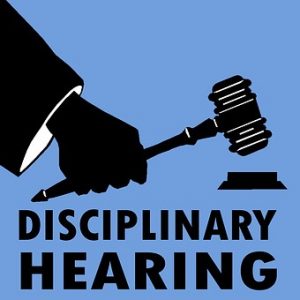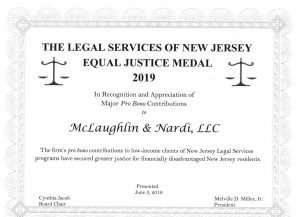Civil Service Hiring, Eligible Lists, and the Rule of Three
Collectively, New Jersey state and local governments are the largest employer in the State. Most of these jurisdictions are governed by the New Jersey Civil Service Act. In New Jersey Civil Service jurisdictions, hiring, firing, promotion and discipline is governed by the Civil Service Act and Regulations. This makes the Civil Service System one of the most important elements in New Jersey employment law.
The Use of Eligible Lists in Hiring and Promotion
Candidates for initial hiring and promotion in the permanent, career, unclassified civil service are selected and appointed based on their  placement on eligible lists (also referred to as “certifications”). There are five types of eligible lists: Open competitive lists, promotional lists, regular reemployment lists, police and fire reemployment lists, and special reemployment lists.
placement on eligible lists (also referred to as “certifications”). There are five types of eligible lists: Open competitive lists, promotional lists, regular reemployment lists, police and fire reemployment lists, and special reemployment lists.
 New Jersey Lawyers Blog
New Jersey Lawyers Blog


 knowledge, skills and abilities for the job. Announcements are posted on the Commission’s
knowledge, skills and abilities for the job. Announcements are posted on the Commission’s  processes to ensure that employment decisions are based on merit and fitness, just cause must be found for imposing discipline. And because the employer is the government, all discipline, New Jersey’s Court’s have
processes to ensure that employment decisions are based on merit and fitness, just cause must be found for imposing discipline. And because the employer is the government, all discipline, New Jersey’s Court’s have  some of those consequences.
some of those consequences. government civil service jurisdictions.
government civil service jurisdictions.
